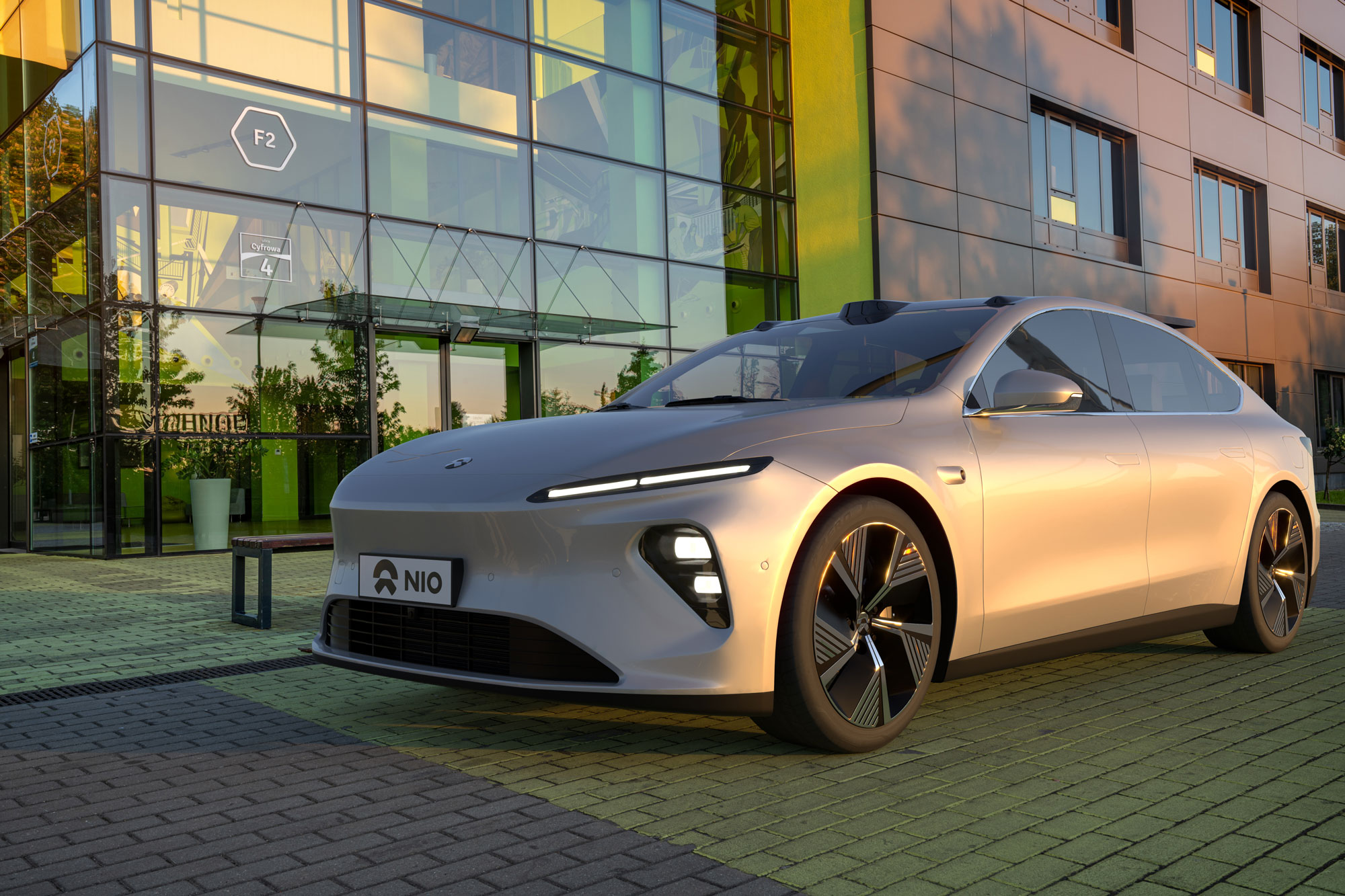The Reality of Inexpensive Chinese Electric Cars
If you want to buy an inexpensive Chinese electric car anytime soon, you may be out of luck due to tariffs and other global factors.
 Adobe Stock
Adobe Stock
Car buyers in the United States looking for options in the electric vehicle (EV) marketplace might consider manufacturers outside of the U.S. to find a vehicle that suits their needs and budget. Some may even consider Chinese electric cars because they may have heard about their affordability in other countries. Unfortunately, the likelihood of inexpensive Chinese EVs being available to U.S. consumers anytime soon may be slim to none.
While Chinese automakers may be able to churn out more affordable EVs than their competitors, the process to acquire them in the U.S. comes with numerous potential challenges. Barriers to entry that Chinese automotive companies face when trying to sell EVs stateside are likely to prevent most domestic car buyers from getting their hands on these vehicles.
The Chinese EV Market Is Growing
Thanks to continued state subsidies and financial incentives, China's EV market has boomed over the past four years. China moved from sixth to first in global automotive exports, according to research from financial consulting firm
Among these Chinese auto purchases is a high volume of EVs. The
Why China Can Make More Affordable Electric Cars
Automotive research firm
China's ability to make affordable EVs is in part due to their access to the material required to make batteries. As other countries work to secure battery material supply lines, China already has control over large percentages of the extraction and refinement of essential materials such as cobalt and lithium.
The
U.S. Barriers to Entry for Chinese Electric Cars
Even though Chinese manufacturers make the most affordable electric car on the market, that doesn't necessarily mean car buyers in the U.S. will be able to easily get into the driver's seat of a Chinese EV in the near future.
Political tension and policies between the U.S. and China could make entering the U.S. car market a challenge for Chinese electric cars. For Chinese automakers, one of the most significant hurdles to entering the U.S. market is the current 25% tariff imposed upon them in addition to the existing 2.5% import tariff. Chinese manufacturers would ultimately need to raise their prices for U.S. consumers, dulling their competitive edge.
Chinese automakers must also compete with current EV incentives offered by both the federal and state governments. Incentives from the
Written by humans.
Edited by humans.
 Elliot Rieth
Elliot RiethElliot Rieth is a writer who was born and raised in Michigan, the center of the American automotive industry. With a background in the industry that spans from sales to digital marketing, Elliot has years of experience working directly with dealers and OEMs to create digital content and educate potential customers. When Elliot isn’t writing about horsepower or EVs, he can be found with his two greyhounds enjoying a new book or record.
Related articles
View more related articles